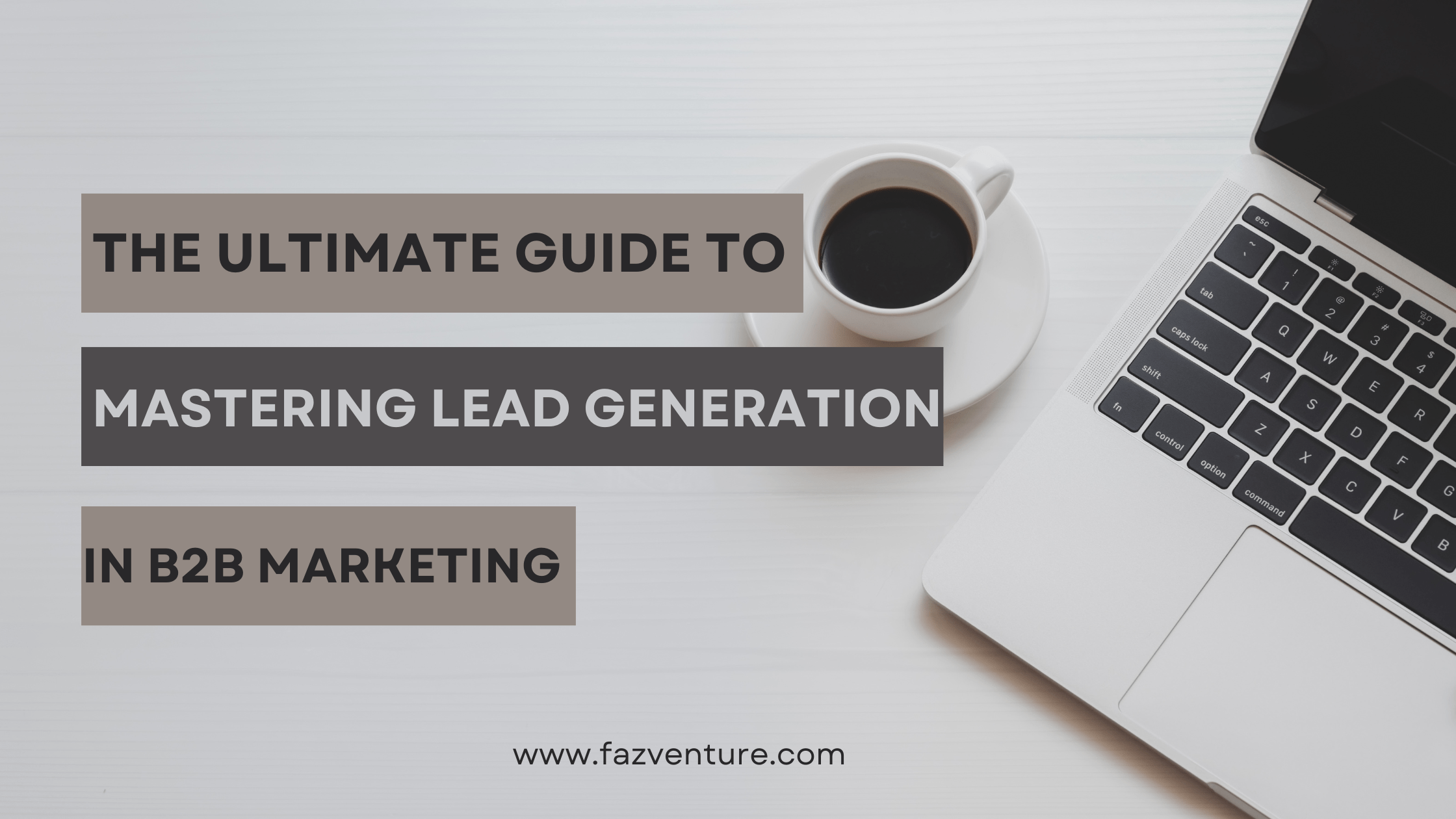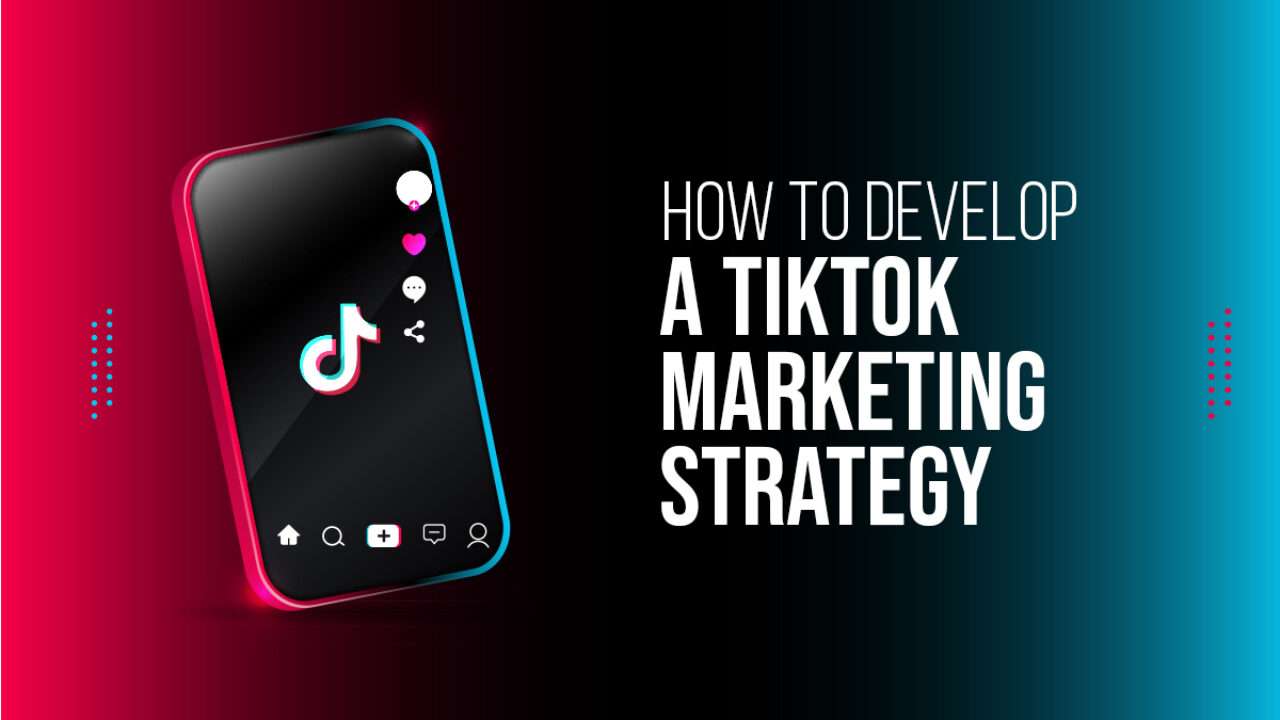I. Understanding the Basics of B2B Lead Generation
B2B Lead generation is the process of identifying and cultivating potential customers for a business’s products or services. It is crucial in B2B marketing as it helps in identifying interested prospects and nurturing them through the sales funnel. Successful lead generation strategies involve a deep understanding of the target audience, effective communication, and personalized interactions.
A. What is B2B Lead Generation?
B2B lead generation refers to the process of attracting and converting potential customers within the business-to-business sector. Unlike B2C lead generation, which targets individual customers, B2B lead generation focuses on businesses and organizations as customers.
B. The Importance of Lead Generation in B2B Marketing
Lead generation is essential for B2B marketing as it helps companies identify potential customers who are interested in their products or services. It enables businesses to focus their marketing efforts on qualified leads, resulting in higher conversion rates and increased revenue.
C. Key Components of Successful Lead Generation Strategy
A successful lead generation strategy in B2B marketing should include a combination of inbound and outbound marketing techniques. It involves identifying the target audience, creating valuable content, nurturing leads, and measuring the effectiveness of the strategy.
II. Identifying Your Target Audience
Understanding your target audience is crucial for effective lead generation in B2B marketing. By defining Ideal Customer Profiles (ICPs) and conducting market research, businesses can tailor their marketing efforts to meet the needs of potential customers.
A. Defining Ideal Customer Profiles (ICPs)
Ideal Customer Profiles (ICPs) help businesses identify their target audience based on specific criteria such as industry, company size, and buying behavior. By creating detailed ICPs, companies can better understand their customers’ needs and preferences.
B. Conducting Market Research to Understand Customer Needs
Market research is essential for identifying customer needs, pain points, and preferences. By conducting thorough market research, businesses can tailor their products and services to meet the specific requirements of their target audience.
C. Utilizing Data Analytics to Target the Right Audience
Data analytics play a crucial role in targeting the right audience in B2B lead generation. By analyzing customer data, businesses can identify trends, behavior patterns, and preferences, allowing them to create targeted marketing campaigns.
III. Creating Compelling Content and Offers
Compelling content and offers are key to capturing the interest of potential leads in B2B marketing. By developing educational content, implementing personalization strategies, and crafting irresistible offers, businesses can attract and engage their target audience.
A. Developing Educational and Informative Content
Educational and informative content helps businesses establish thought leadership in their industry. By creating content that addresses the pain points and challenges of their target audience, businesses can position themselves as experts and build trust with potential customers.
B. Implementing Content Personalization Strategies
Personalization is essential in B2B lead generation as it allows businesses to tailor their content and offers to meet the specific needs of individual customers. By personalizing marketing messages and offers, businesses can increase engagement and conversion rates.
C. Crafting Irresistible Offers to Capture Leads’ Interest
Irresistible offers are essential for capturing leads’ interest and driving conversions. By creating compelling offers such as free trials, demos, or exclusive discounts, businesses can incentivize potential customers to take action and move through the sales funnel.
IV. Leveraging Technology for Lead Generation
Technology plays a critical role in lead generation in B2B marketing. By utilizing marketing automation tools, CRM systems, and AI and machine learning, businesses can streamline their lead generation processes and gain data-driven insights.
A. Utilizing Marketing Automation Tools for Lead Nurturing
Marketing automation tools help businesses automate repetitive marketing tasks such as email campaigns, lead scoring, and nurturing. By leveraging marketing automation, businesses can nurture leads effectively and move them through the sales funnel.
B. Implementing CRM Systems for Lead Management
CRM systems are essential for managing and organizing leads in B2B marketing. By centralizing lead data, tracking interactions, and analyzing customer behavior, businesses can improve lead management and enhance their sales process.
C. Incorporating AI and Machine Learning for Data-Driven Insights
AI and machine learning technologies provide businesses with valuable insights into customer behavior, preferences, and buying patterns. By analyzing data using AI and machine learning algorithms, businesses can make informed decisions and optimize their lead generation strategies.
V. Measuring and Optimizing Lead Generation Efforts
Measuring and optimizing lead generation efforts is crucial for ongoing success in B2B marketing. By setting KPIs, analyzing data, and A/B testing strategies, businesses can refine their lead generation tactics and drive valuable leads for their business.
A. Setting Key Performance Indicators (KPIs) for Lead Generation
Key Performance Indicators (KPIs) help businesses track and measure the effectiveness of their lead generation strategies. By setting specific KPIs such as conversion rates, lead quality, and engagement metrics, businesses can monitor their performance and make data-driven decisions.
B. Analyzing Data to Track and Improve Lead Generation Results
Data analysis is essential for tracking and improving lead generation results. By analyzing customer data, campaign performance, and lead behavior, businesses can identify areas for improvement, optimize their strategies, and increase conversion rates.
C. A/B Testing and Continuous Optimization of Lead Generation Strategies
A/B testing involves testing different variations of marketing campaigns to determine which performs best. By conducting A/B tests and continuously optimizing their lead generation strategies, businesses can refine their approach, increase ROI, and drive more leads for their business.
Summary
Mastering lead generation in B2B marketing requires a deep understanding of the target audience, creating compelling content and offers, leveraging technology, and continuously measuring and optimizing efforts. By following the tips outlined in this guide, businesses can enhance their lead generation strategies and drive valuable leads for their business.





This is a great blog posting and very useful. I really appreciate the research you put into it..
Thank for your valuable feedback 🙌🏻